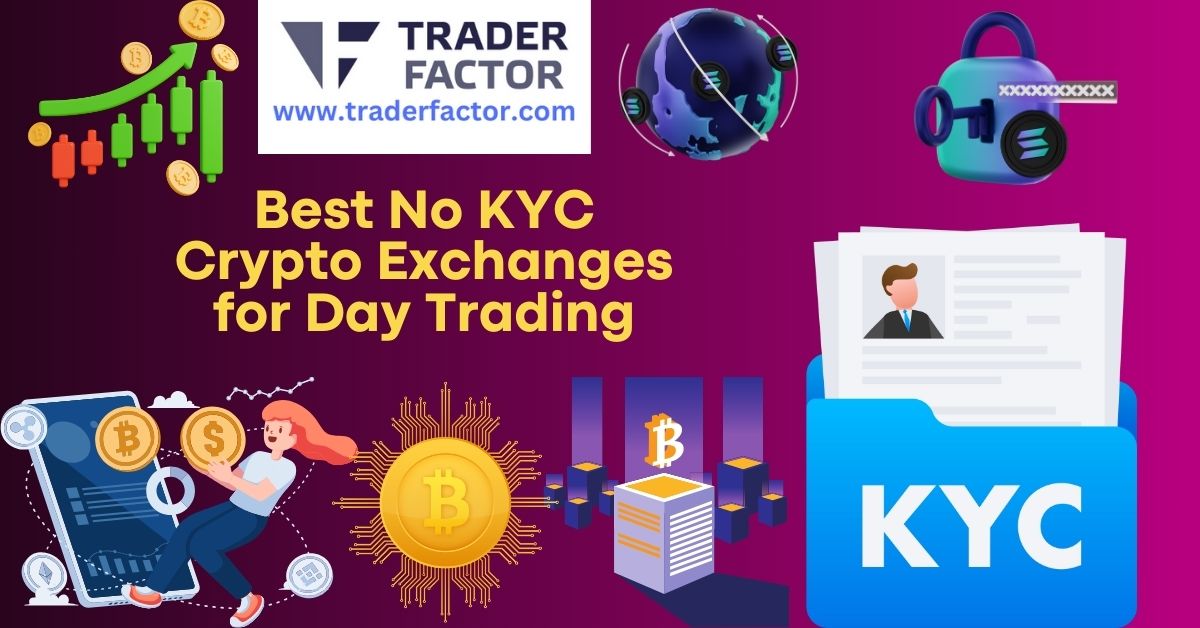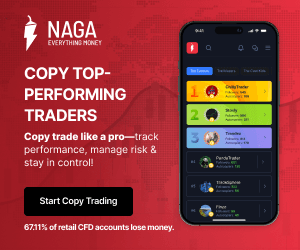For no kyc crypto exchanges, you’ll want to focus on exchanges like PrimeXBT, Margex, MEXC, and BingX. These platforms excel by offering a good mix of high leverage options and a wide array of cryptocurrencies, backed by advanced charting tools for thorough market analysis. Privacy and speed are key, as these exchanges don’t require extensive verification processes, allowing you to trade immediately and anonymously. Remember, careful risk management is essential as the lack of KYC adds to the trading risks. Exploring these exchanges further will help you understand how these features align with your trading strategies and profit goals.
Best No KYC Crypto Exchanges Overview
Several no KYC exchanges, such as PrimeXBT, Margex, MEXC, and BingX, offer the advantage of trading without the need to verify your identity, providing high leverage options and supporting a diverse range of cryptocurrencies. You’ll find that these platforms greatly assist in implementing varied trading strategies due to their flexibility and the extensive array of available digital assets.
When you’re delving into market analysis on these exchanges, you’re able to leverage real-time data and advanced charting tools typically offered. This is important for spotting trends and making informed decisions. However, remember that the lack of KYC does add a layer of risk; hence, risk management becomes essential. You must set clear limits and know when to exit trades to protect your capital.
Selecting the right cryptocurrencies is another key aspect. You should look for liquidity and volatility, which are crucial for day trading. Exchanges like these often have a broad selection, but it’s up to you to choose coins that match your trading style and risk tolerance.
Lastly, consider some day trading tips like keeping updated with crypto news, using stop losses, and never risking more than you can afford to lose. These practices are important in maneuvering the fast-paced nature of cryptocurrency trading on no KYC platforms.
Table of Contents
ToggleSpecific Exchange Features

Let’s explore the specific features of various no KYC exchanges to understand how they cater to diverse trading needs and preferences. When you’re diving into exchange comparison, it’s important to contemplate how each platform aligns with your trading strategies and risk management tactics. For instance, platforms like CoinEx and Gate.io offer a vast range of cryptocurrencies, providing you with ample opportunities for market analysis and strategy diversification.
Security features are paramount; exchanges like PrimeXBT emphasize privacy without sacrificing operational security, integrating features such as two-factor authentication and cold storage solutions. This approach minimizes your exposure while allowing flexible trading options, such as P2P transactions, which can adapt to a variety of risk management profiles.
Moreover, understanding the market analysis tools provided by exchanges like OKX DEX can have a significant impact on your trading outcomes. These tools enable you to perform in-depth technical analysis, which is essential for making informed decisions especially when dealing with a diverse array of crypto assets.
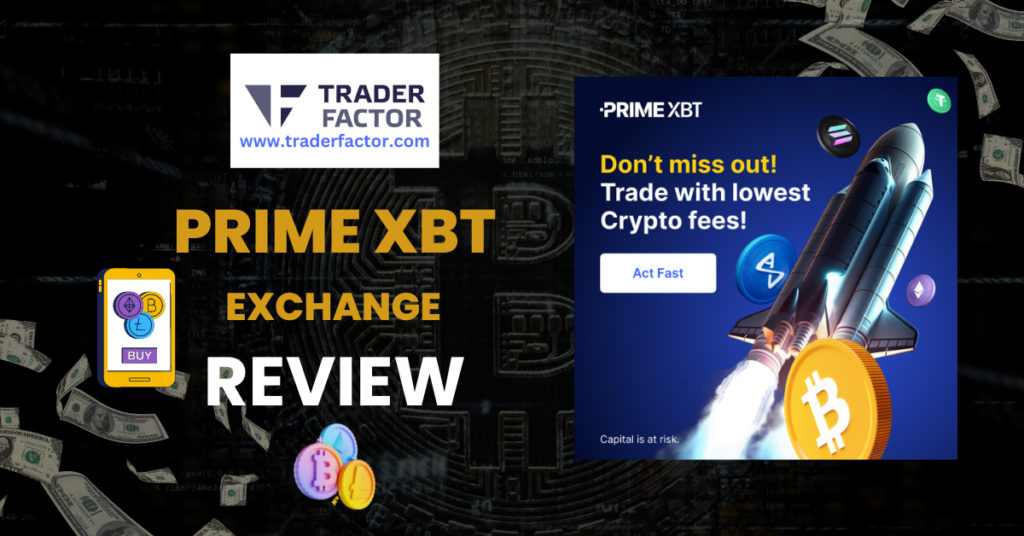
Advantages of No KYC Exchanges
One key advantage of no KYC exchanges is the ability to trade anonymously, ensuring your personal information remains private. This is vital in maintaining your privacy advantages, especially in an era where data breaches are all too common. You’ll appreciate the speed benefits too, as no KYC exchanges typically have faster sign-up processes compared to their KYC-compliant counterparts. You can start trading almost immediately without the cumbersome verification steps.
Moreover, you’ll find the accessibility perks undeniable. These platforms often provide services globally without the geographic restrictions imposed by traditional exchanges. This accessibility empowers you with greater financial sovereignty, allowing you to manage your investments directly without intermediaries.
However, it’s important to be aware of the security risks associated with these platforms. The lack of KYC can sometimes make these exchanges targets for fraudulent activities.
Here’s a quick breakdown of these aspects:
| Feature | Benefits | Risks |
|---|---|---|
| Privacy | No personal data collection | Potential for misuse |
| Speed | Quick account setup | Faster potential fraud |
| Accessibility | Fewer geographic restrictions | Regulatory challenges |
| Financial Control | Direct management of assets | Security vulnerabilities |
Understanding these trade-offs helps you navigate the complexities of no KYC exchanges more effectively.
Trading Anonymously
When discussing the advantages of no KYC exchanges, it’s important to highlight how trading anonymously aligns with the foundational principles of cryptocurrency, offering you privacy and protecting your personal information. This approach not only secures your identity but also empowers you to implement diverse trading strategies without oversight. You’re able to react swiftly to market analysis insights, capitalizing on opportunities that might be restricted on more regulated platforms.
Trading anonymously enhances your risk management capabilities. Without personal data on the line, you can operate across multiple platforms, spreading your assets to mitigate risks associated with market volatility. This strategy is particularly useful in the volatile crypto market, where sudden price swings can occur. It allows you to move quickly and discreetly, optimizing your profit potential.
Moreover, the absence of KYC procedures means that you can adapt your strategies in real-time, responding to market conditions without the delay of identity verification processes. This can be a critical advantage during high volatility periods, where speed is essential for capitalizing on trading opportunities. Trading anonymously on no KYC exchanges not only protects your privacy but also offers a strategic edge in the fast-paced world of cryptocurrency trading.
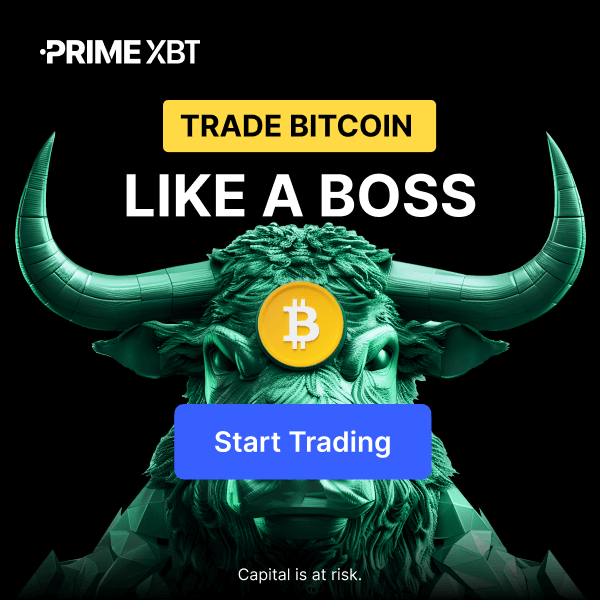
Registration and Data Protection
When registering on no KYC exchanges, you enjoy streamlined data protection processes that minimize the risk of personal information breaches. These platforms prioritize your privacy, allowing you to trade with less worry about identity theft or data leaks. As a trader, you’ll find that these exchanges employ robust privacy measures, including state-of-the-art data encryption, to secure all transaction data and communications from unauthorized access.
Here’s how these platforms manage to keep your data safe while ensuring a smooth registration process:
- Data encryption: Utilizes advanced cryptographic techniques to secure your data, ensuring that sensitive information remains inaccessible to hackers.
- Email verification: Implements a simple yet effective layer of security by requiring confirmation of your email address, helping to protect your account from unauthorized access.
- Secure login: Offers options like two-factor authentication, which greatly enhances your account protection by adding an extra verification step beyond just username and password.
Withdrawal Limits and Security
Understanding withdrawal limits and security measures is crucial for protecting your investments on no KYC exchanges. Withdrawal limits often serve as a risk management tool, preventing large, unauthorized transfers. You’ll find that these limits can vary greatly between exchanges, reflecting their approach to security and compliance standards.
From a security standpoint, robust cybersecurity measures are non-negotiable. These may include multi-factor authentication, which enhances safety by requiring multiple forms of identity verification before granting account access. Additionally, the integration of sophisticated transaction monitoring systems helps detect and prevent suspicious activity, safeguarding your assets from potential threats.
Compliance standards play a critical role even in no KYC platforms. Despite not requiring personal identity verification, these exchanges still adhere to certain regulatory guidelines to mitigate risks associated with money laundering and other illegal activities. They implement systems that are designed to flag unusual transaction patterns, thereby contributing to a safer trading environment.
Always make sure you’re familiar with an exchange’s security protocols and compliance measures before you commit. This understanding not only helps you navigate the complexities of trading but also empowers you to make informed decisions, keeping your investments secure in the volatile world of cryptocurrency.

Supported Coins and Payment
Before selecting a no KYC exchange, it’s important to review the variety of supported cryptocurrencies and available payment methods to make sure they meet your trading needs. Coin diversity is vital for effective portfolio management, allowing you to spread risk and capitalize on different market opportunities. You’ll want an exchange that offers a wide range of coins, from well-known ones like Bitcoin and Ethereum to newer altcoins that could have high growth potential.
Additionally, consider the payment methods that are aligned with global transactions. This ensures you can fund your trades conveniently, regardless of your geographical location:
- Cryptocurrency transfers for direct and privacy-protected coin deposits.
- Bank transfers that support larger transactions securely.
- Credit or debit card options for quick and easy access to trading funds.
Payment security is paramount; make sure the exchange uses robust security measures to protect your funds and personal information. Market accessibility should also be a top priority, with the platform providing easy entry and exit points for global transactions. This combination of features will help guarantee that your trading on no KYC platforms is both secure and efficient, enhancing your overall trading experience while maintaining privacy protection.

Trading Fees and Liquidity
After considering the variety of supported coins and payment methods, it’s important to assess the trading fees and liquidity of no KYC exchanges to ensure cost-effective and efficient trading. You’ll find that fee comparison is essential as lower fees can greatly enhance your profitability, especially when employing frequent trading strategies. Most no KYC platforms offer competitive fees, but they vary, so it’s wise to compare them under different trading volumes and types of trades.
Liquidity analysis is equally important. High liquidity means you can execute large trades quickly without a major impact on the price, which is crucial for day trading. This liquidity often depends on the exchange’s user base and market activity, which can fluctuate based on market trends.
Your risk assessment should include how these fees and liquidity might change during volatile market conditions. Lower liquidity can lead to slippage, affecting trade execution prices. Always consider how sudden market trends could impact liquidity, potentially enhancing risks, especially in less commonly traded coins.
Understanding these elements will help you navigate no KYC exchanges more effectively, aligning your trading strategies with the most cost-efficient and responsive platforms, ensuring that you stay ahead in the fast-paced crypto trading environment.
Trading Tools and Legalities
When opting for a no KYC exchange line PrimeXBT, it’s vital to consider the available trading tools and understand the legal implications of trading without identity verification. You’ll find that the best platforms offer sophisticated trading tools that cater to both novice and experienced traders. This includes advanced charting software for technical analysis, necessary for making informed decisions amidst market volatility.
Key features you should look for include:
- Real-time data and charting tools: Essential for tracking market trends and performing technical analysis.
- Automated trading options: Helps in implementing risk management strategies without constant monitoring.
- Psychological tools: Resources that help manage trading psychology, essential in maintaining discipline during trading highs and lows.
However, it’s important to understand the legal landscape. Trading on no KYC platforms may bypass certain regulatory compliance measures, which can expose you to unforeseen legal risks. Different jurisdictions may view the lack of KYC unfavorably, potentially leading to legal complications if the platforms are deemed non-compliant with anti-money laundering standards.
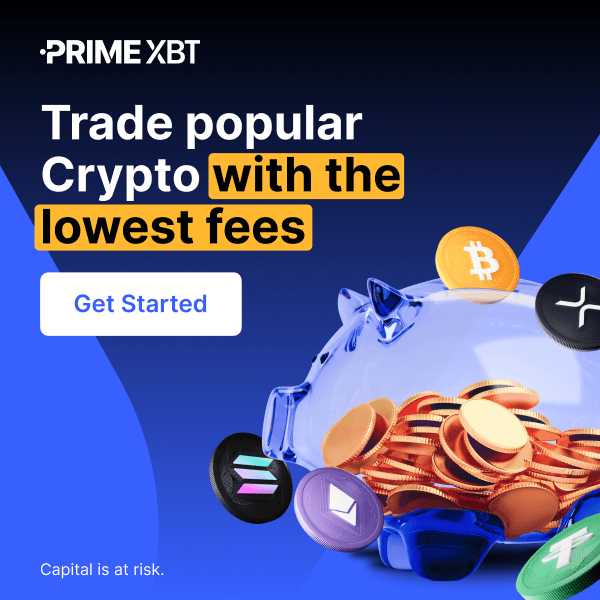
Demand for No KYC Platforms
The rising demand for no KYC platforms reflects a growing preference among traders for maintaining privacy and expediting the trading process. You’re likely aware of the regulatory challenges that come with the crypto industry. No KYC exchanges sidestep extensive verification processes, offering you quicker access and fewer interruptions. However, this comes with heightened privacy concerns, as less regulation can also mean increased vulnerability to fraudulent activities.
Furthermore, market volatility makes no KYC platforms particularly appealing. During periods of high fluctuation, you can execute trades faster without being bogged down by identity verification processes. This speed can be critical in leveraging short-term price movements to your advantage, enhancing your trading strategies.
Yet, this convenience does raise issues in risk management. Without KYC, platforms might lack the necessary safeguards, exposing you to potential security threats. It’s a double-edged sword; while you benefit from anonymity and agility, you also shoulder more responsibility for your security measures.
As you navigate these waters, consider how these factors influence your trading decisions. Balancing the need for privacy with the imperative of safeguarding your investments is vital. No KYC platforms offer unique opportunities, but they require you to be meticulous in managing risks.
Recommended No KYC Exchanges
Exploring recommended No KYC exchanges, you’ll find that platforms like Margex and MEXC offer robust trading options without the need for extensive personal verification. These exchanges are particularly appealing if you’re keen on maximizing your profit potential while employing diverse trading strategies.
- PrimeXBT: Known for its intuitive interface and leverage options, it facilitates aggressive trading strategies while prioritizing risk management.
- MEXC: Offers a vast array of assets, making it ideal for nuanced asset selection and thorough market analysis.
- BingX: Provides a balance between user-friendliness and advanced trading features, suitable for both beginners and experienced traders aiming for high returns.
These platforms not only support your trading needs but also ensure that your strategy can be as dynamic as the markets themselves. With no KYC requirements, you’re able to maintain privacy while actively trading, which is a significant advantage in the fast-paced crypto environment. The key to leveraging these exchanges effectively lies in understanding their inherent features like asset diversity, market responsiveness, and the tools they provide for effective risk management. This knowledge allows you to sculpt strategies that align well with ever-changing market conditions and your financial goals.

Withdrawal Options and Limits
Understanding withdrawal options and limits is essential as you navigate no KYC exchanges to guarantee your trades align with your liquidity needs and strategic goals. Each platform has different policies, and it’s important you’re aware of these details to guarantee withdrawal efficiency. Typically, no KYC exchanges offer varied limit variations, which can greatly impact your trading strategy. Some might allow you to withdraw small amounts of crypto with minimal hassle, while others impose stricter limits until certain activity thresholds are met.
You’ll find that security measures also influence withdrawal policies. Exchanges with robust security protocols might require multiple verifications before processing withdrawals, even in a no KYC framework. This is to prevent fraudulent activities and ensure the safety of your assets.
Moreover, payment diversity is another critical factor. Depending on the exchange, you might be able to withdraw funds through various channels like direct crypto transfers, peer-to-peer setups, or even using third-party payment processors. Each method comes with its own set of rules and processing times.
Lastly, your personal exchange preferences should align with these features. Opt for exchanges that balance ease of withdrawals with stringent security measures to safeguard your interests effectively.
Updates on Regulatory Changes
Regulatory changes are greatly impacting no KYC exchanges, requiring you to stay informed about compliance shifts that could affect your trading activities. As governments worldwide tighten their grip on cryptocurrency operations, the landscape for no KYC exchanges is rapidly evolving. Here’s a detailed exploration into the current regulatory environment:
- Regulatory compliance updates: Authorities are increasingly scrutinizing exchanges that operate without KYC procedures. Recent directives from financial oversight bodies demand more stringent monitoring to curb illegal activities such as money laundering.
- Compliance challenges: No KYC exchanges face significant hurdles in adapting to new regulations while aiming to maintain user anonymity and ease of access. Balancing regulatory demands with operational efficiency is becoming increasingly intricate.
- Regulatory risk management strategies: Exchanges are now implementing more sophisticated compliance mechanisms without compromising their core offerings. This includes the use of advanced analytics to monitor transactions and detect suspicious activities proactively.
Conducting a regulatory impact assessment and compliance trends analysis is essential for you as a trader. Staying ahead of these changes ensures that your trading platform remains compliant, minimizing potential legal repercussions and ensuring uninterrupted trading activities. As you navigate these waters, understanding and adapting to these shifts is key to safeguarding your investments and trading activities.
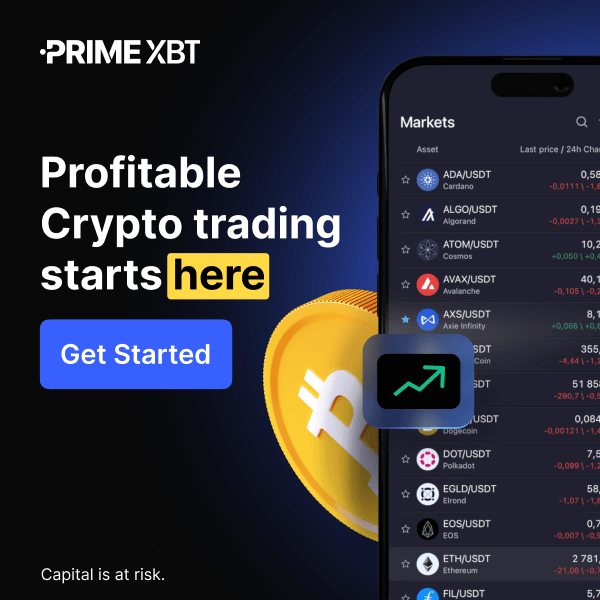
Bitcoin Trading Without KYC
As you navigate the complexities of regulatory changes, it’s important to ponder how Bitcoin trading can be conducted without KYC to maintain privacy and ease of access. Engaging in Bitcoin trading without the conventional Know Your Customer (KYC) procedures allows you to leverage scalping strategies effectively. These quick, small-profit trades can be executed more swiftly without the bureaucratic delays associated with identity verification, important in exploiting short-term market volatility.
Risk management becomes even more essential in this environment. You’ll need to deploy robust risk management tactics to safeguard your investments from the unpredictable swings often observed in the Bitcoin market. Utilizing technical analysis tools can guide you in making informed decisions by analyzing historical price movements and market trends.
Furthermore, understanding market volatility is crucial. Without KYC constraints, you’re able to react rapidly to market changes, which is important for maintaining and increasing your profit margins. However, this agility comes with the responsibility of closely monitoring market signals and potential risks.
Day Trading on No KYC Exchanges
Day trading on no KYC exchanges offers you the flexibility to execute rapid transactions without the need for identity verification, important for capitalizing on short-term market fluctuations. This environment, while advantageous for quick trades, requires proficient risk management to protect against sudden market volatility. You’ll find that the profit potential is significant, but only if you apply disciplined trading strategies.
When engaging in day trading on these platforms, consider the following:
- Market Volatility: Rapid price changes can occur, providing both opportunities and risks.
- Technical Analysis: Essential for predicting short-term price movements accurately.
- Day Trading Strategies: Develop and adhere to strategies based on your analysis and risk tolerance.
To successfully manage the inherent risks, it’s essential to use tools and techniques that aid in decision-making. Effective technical analysis, for instance, is not just about understanding charts and patterns. It involves interpreting these elements to make quick, informed trading decisions. Additionally, adapting your day trading strategies to align with current market conditions can markedly improve your chances of securing profits while minimizing losses. Always remember, the key to success in day trading on no KYD exchanges lies in how well you manage the risks while exploiting the available profit potential.

Security Protocols Explained
Understanding the security protocols of no KYC exchanges is vital for protecting your digital assets and ensuring safe trading practices. Data encryption plays a pivotal role in this landscape. It guarantees that all your transaction data and personal details are converted into secure codes, which are nearly impossible to decipher without a specific key. This method safeguards your information from unauthorized access and cyber threats.
Access control is equally important. Exchanges without KYC typically implement robust access control mechanisms to restrict who can see or use certain data within the network. This might include multi-factor authentication (MFA) to verify a user’s identity before granting access to sensitive information.
Next, let’s talk about threat detection. No KYC exchanges must constantly scan and monitor their systems for any suspicious activity. This proactive approach helps in identifying potential threats early, allowing for immediate action to prevent any harm.
Incident response is another key area. In the event of a security breach, having a well-defined incident response strategy helps these platforms to quickly contain and mitigate the issue, minimizing potential losses.
Lastly, vulnerability assessments are critical. Regular checks and audits are conducted to identify and address security weaknesses, ensuring that the system remains robust against evolving cyber threats.

User Privacy and Anonymity
Expanding on the significance of security protocols, it’s equally vital to contemplate how no KYC exchanges maintain your privacy and anonymity during trading. When you opt for these platforms, you’re choosing a trading environment that addresses significant privacy concerns and upholds a high degree of confidentiality. Here’s what that means for you:
- No personal data submissions: You aren’t required to submit sensitive personal information, which minimizes the risk of identity theft.
- Decentralized identity management: Your trading activities are dissociated from your real-world identity, enhancing your security online.
- Encrypted transactions: Each transaction remains encrypted, ensuring that details of your trading activities are not easily accessible.
In these exchanges, anonymity advantages are not just about keeping your identity hidden but also about protecting your financial details from potential breaches. Data protection strategies in no KYC exchanges often incorporate advanced cryptographic techniques to secure user data, effectively preventing unauthorized access. Additionally, the security measures discussed often include real-time monitoring systems and firewalls that help in safeguarding your trading activities without compromising speed or accessibility. This layered approach to user identity protection ensures that you can trade with peace of mind, knowing that both your identity and assets are secure.
Accessing Global Markets
No KYC exchanges offer you the unique opportunity to access global markets without the burden of extensive personal documentation. This accessibility allows you to capitalize on global trading opportunities that might otherwise be out of reach. By engaging with a diverse range of markets, you can diversify your trading strategies and potentially increase your profitability.
To effectively navigate these international waters, you’ll need to employ robust risk management strategies. These strategies should include setting stop-loss orders to minimize potential losses and understanding leverage to maximize gains without exposing yourself to undue risk. Additionally, mastering market analysis techniques is important. Whether it’s technical analysis or fundamental analysis, the ability to read market signals will enable you to make informed decisions and react swiftly to market changes.
Moreover, staying updated with cryptocurrency investment trends is essential. These trends can indicate shifts in market sentiment or highlight emerging coins that might yield high returns. By integrating these insights with day trading tips, such as keeping abreast of news that could trigger volatility, you can better position yourself to take advantage of short-term price movements, thereby optimizing your trading outcomes in the dynamic world of cryptocurrencies.
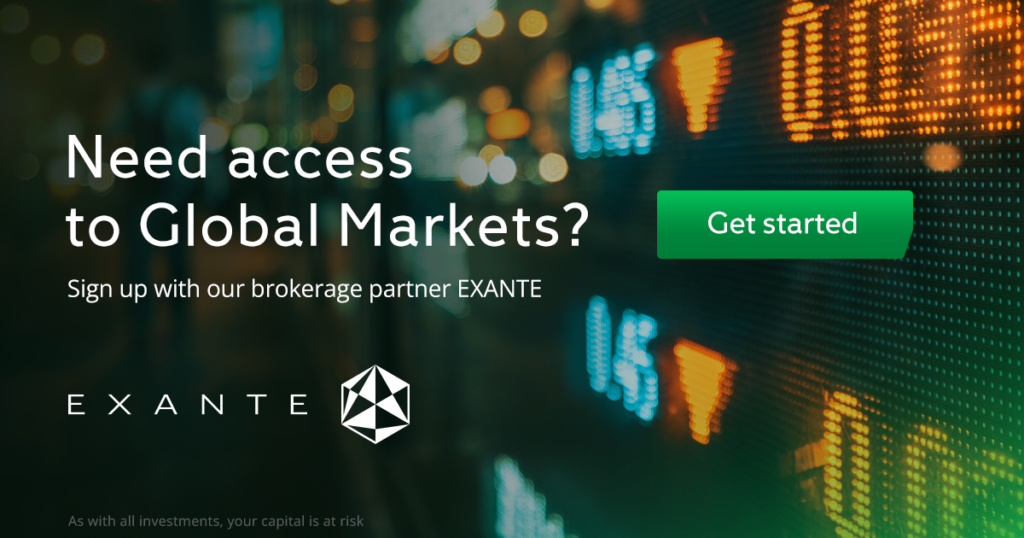
Benefits of Decentralized Trading
Decentralized trading platforms offer you significant autonomy over your financial transactions, enhancing security and reducing reliance on intermediary entities. These platforms capitalize on the decentralized advantages inherent in blockchain technology, allowing you to engage in direct peer-to-peer exchanges without the need for traditional financial institutions.
- Anonymity features: You’ll trade without revealing your identity, safeguarding your activities remain private.
- Trading efficiency: Decentralized exchanges often provide faster transaction times as there’s no need for third-party approval.
- Global accessibility: No matter where you are, as long as you have internet access, you can engage in trading activities.
The privacy benefits of decentralized trading are particularly appealing. You’re not required to submit personal information, which protects you from identity theft and preserves your financial privacy. This aspect is vital in an era where data breaches are common.
Furthermore, decentralized systems enhance your trading efficiency by eliminating the bottlenecks associated with traditional exchanges, such as approval delays and restricted trading hours. The global accessibility ensures that anyone, regardless of location, can access the market, democratizing the trading landscape and opening up opportunities for all.
Risks of Non-KYC Platforms
While non-KYC platforms offer significant privacy benefits, they also expose you to various risks, including potential legal issues and security vulnerabilities. These exchanges, operating without mandatory user verification, can be breeding grounds for illegal activities. You’re left vulnerable to regulatory challenges that might arise if the platform is suddenly deemed non-compliant with financial laws.
The absence of KYC procedures means there’s minimal personal data verification, which heightens security concerns. It’s easier for malicious actors to manipulate these systems, potentially leading to asset theft or fraud. You’re also at risk of privacy implications, as these platforms might inadvertently leak user information despite not collecting detailed data.
Moreover, the lack of regulatory oversight can lead to compliance issues. Without proper checks, there’s a higher possibility of engaging with entities involved in money laundering or terrorist financing. This can backfire for you, as authorities might shut down these platforms or freeze assets to investigate suspicious activities.
Navigating non-KYC platforms demands caution and an understanding of the inherent risks. While you enjoy the perks of anonymity and privacy, be aware of the potential legal and security pitfalls that could jeopardize your investments.
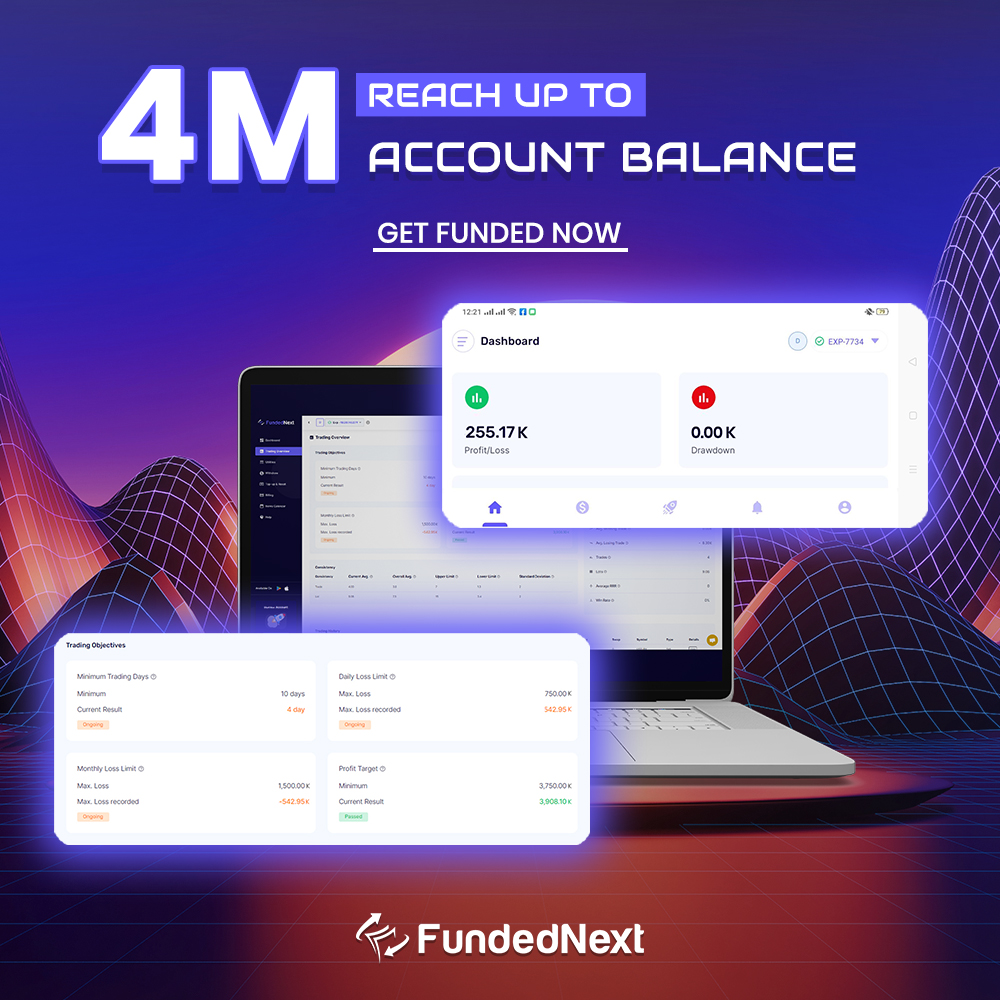
Strategies for No KYC Trading
After comparing the top non-KYC exchanges, you should now focus on effective strategies for no KYC trading to maximize your returns and manage risks efficiently. First and foremost, risk management is essential. You’ll want to set clear rules for when to enter and exit trades, considering stop-loss orders to mitigate potential losses. Diversify your investments to spread risk across various assets, rather than putting all your eggs in one basket.
Next, master technical analysis. This involves studying price charts and using indicators like moving averages and RSI to predict future market movements. Understanding these tools helps you recognize patterns and make informed decisions, rather than relying on gut feelings.
Don’t underestimate the importance of trading psychology. Maintaining discipline, managing emotions, and staying patient are key to consistency. You’ll need to resist the temptation to overtrade or react impulsively to market volatility, which can be particularly high in the crypto space.
Lastly, always aim for profit maximization but not at the cost of exposing yourself to undue risk. Keep a close eye on market trends and adjust your strategies accordingly. By integrating these approaches, you can enhance your trading performance on no KYC platforms, maneuvering through market ups and downs more effectively.
Understanding Market Liquidity
Understanding market liquidity is vital as it determines how quickly you can buy or sell cryptocurrencies without greatly affecting their price. Liquidity refers to the ease with which an asset can be converted into cash without impacting its market price. Here’s how it fits into your trading:
- High Liquidity: You’re able to execute trades quickly with minimal slippage, enhancing your market analysis and trading strategies.
- Low Liquidity: May lead to significant price changes with even small trades, increasing risk and complicating liquidity management.
- Balanced Liquidity: Ideal for implementing diverse trading strategies effectively, while managing risks efficiently.
In day trading, evaluating liquidity involves several layers of market analysis. You need to analyze the trading volume and the order book depth of the asset on your chosen exchange. This analysis helps in refining your trading strategies by predicting potential price movements more accurately. Effective liquidity management minimizes the cost of trading and protects against market manipulation, pivotal in maintaining profitability.
For better risk assessment, always check historical liquidity data before entering a trade. This step is crucial in formulating robust day trading tips that align with market conditions, ensuring that your trading actions are both strategic and informed.
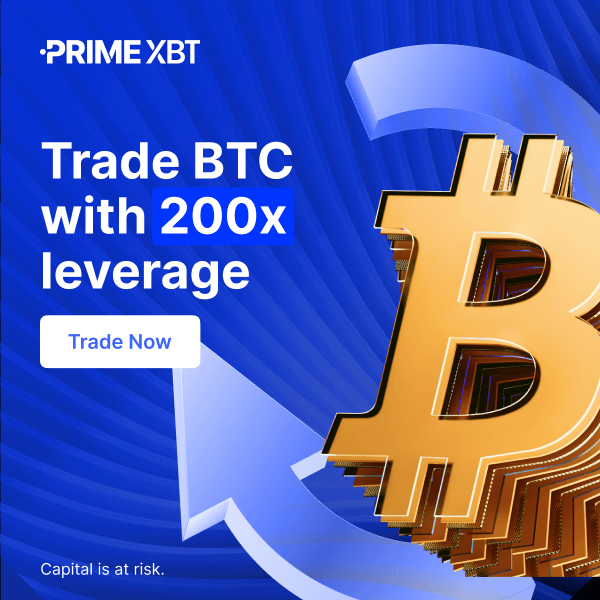
Legal Implications Reviewed
Reviewing the legal implications of using no KYC crypto exchanges is vital, as these platforms operate in a complex regulatory landscape. You’ll face significant legal ramifications if the exchange is not in compliance with local and international laws. These range from penalties and fines imposed on the exchanges themselves, potentially affecting you as a user, especially if funds are frozen or seized during investigations.
Compliance challenges are central to no KYC exchanges. Without standard KYC procedures, these platforms often struggle to meet the regulatory requirements imposed by financial authorities. This results in heightened regulatory scrutiny, as governments intensify efforts to combat money laundering and terrorism financing. You should be aware that engaging with these platforms might expose you to risks of legal actions or sanctions.
Moreover, while the lack of KYC procedures might appeal to your privacy concerns, it compromises security measures. The absence of identity verification processes makes these exchanges more susceptible to fraudulent activities and security breaches. You’re advised to weigh the benefits of privacy against the potential security risks and regulatory issues. This careful consideration is essential in ensuring that your crypto trading practices align well within legal frameworks, protecting your investments from unforeseen legal complications.
Future of No KYC Trading
The future of no KYC trading remains highly uncertain as regulatory bodies worldwide intensify their scrutiny of these platforms. You’re maneuvering through a landscape where privacy concerns and regulatory challenges frequently collide. Amidst this, market volatility remains a persistent factor, influencing how trading strategies are formulated and how platforms evolve. As you explore further, understanding the implications of these dynamics on global adoption is key.
- Regulatory challenges: Governments are intensifying efforts to regulate crypto exchanges to curb illegal activities. This push could redefine the operational boundaries of no KYC platforms.
- Privacy concerns: While these platforms offer anonymity, the increasing demand for transparency in financial transactions puts user privacy at a crossroads.
- Market volatility: High fluctuations in crypto markets require agile and adaptive trading strategies, especially on platforms without KYC, where regulatory changes can swiftly alter market conditions.
When considering these points, it’s important to weigh the benefits of privacy against the potential for increased scrutiny and the need for compliance with evolving laws. The balance you find will greatly influence your approach to utilizing these platforms for day trading in an increasingly interconnected and regulated global market.
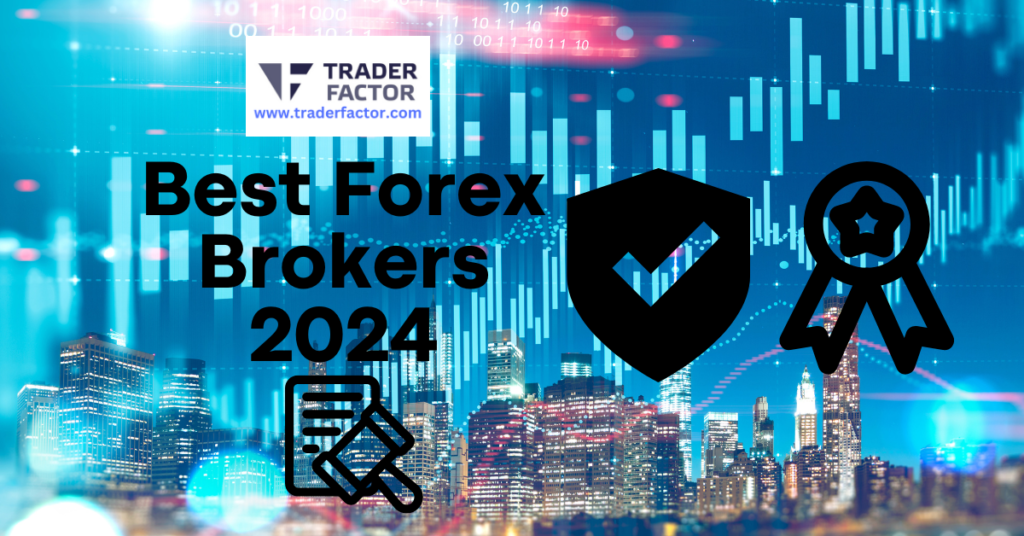
Frequently Asked Questions
How Do Tax Obligations Vary for Profits Earned on These Exchanges?
Tax obligations for your profits vary due to jurisdictional differences, capital gains implications, and tax reporting complexity. You’ll face record-keeping challenges and should assess your audit risk when using these platforms.
What Are the Typical Response Times for Customer Support Issues?
Typical customer support response times vary. Efficient ticket systems and response automation enhance speed. Multilingual support guarantees broader accessibility, while escalation protocols address complex issues effectively.
How Do These Platforms Handle Network Congestion During Peak Trading?
You’ll find that platforms manage network congestion by implementing dynamic scaling, load balancing, and server redundancy. Off-chain transactions and effective traffic management also guarantee smooth operation during peak trading times.
Are There Educational Resources Available for Novice Traders?
Yes, there are educational resources available that cover trading strategies, risk management, market analysis, investment basics, and technical indicator use to enhance your trading skills and financial knowledge effectively.
How Do Non-Kyc Exchanges Manage Internal Security Breaches?
Non-KYC exchanges handle security breaches by conducting regular security audits, establishing strict breach protocols, and improving incident reporting mechanisms. They face anonymity challenges and minimal user verification, complicating breach responses.
Disclaimer:
All information has been prepared by TraderFactor or partners. The information does not contain a record of TraderFactor or partner’s prices or an offer of or solicitation for a transaction in any financial instrument. No representation or warranty is given as to the accuracy or completeness of this information. Any material provided does not have regard to the specific investment objective and financial situation of any person who may read it. Past performance is not a reliable indicator of future performance.

